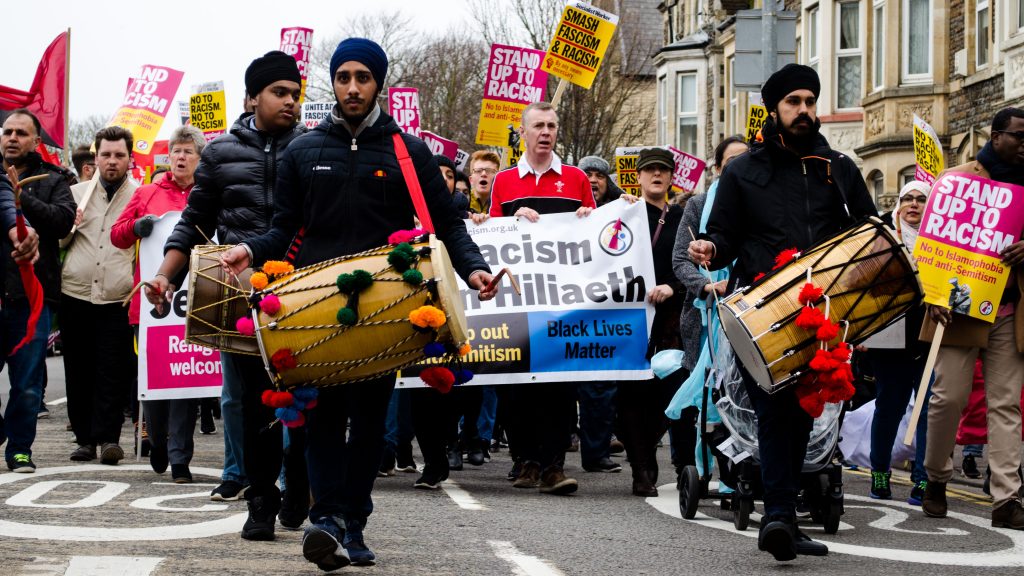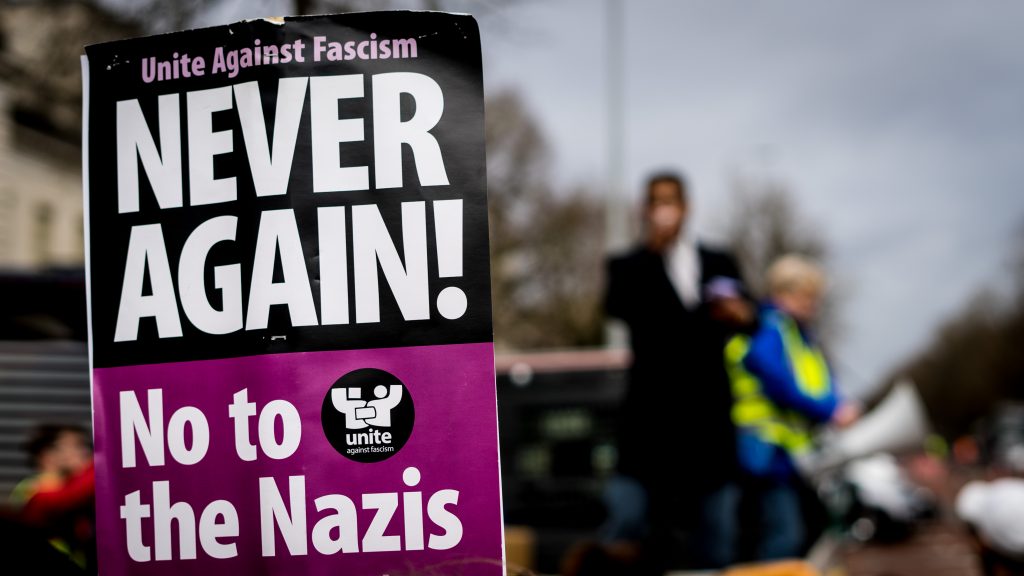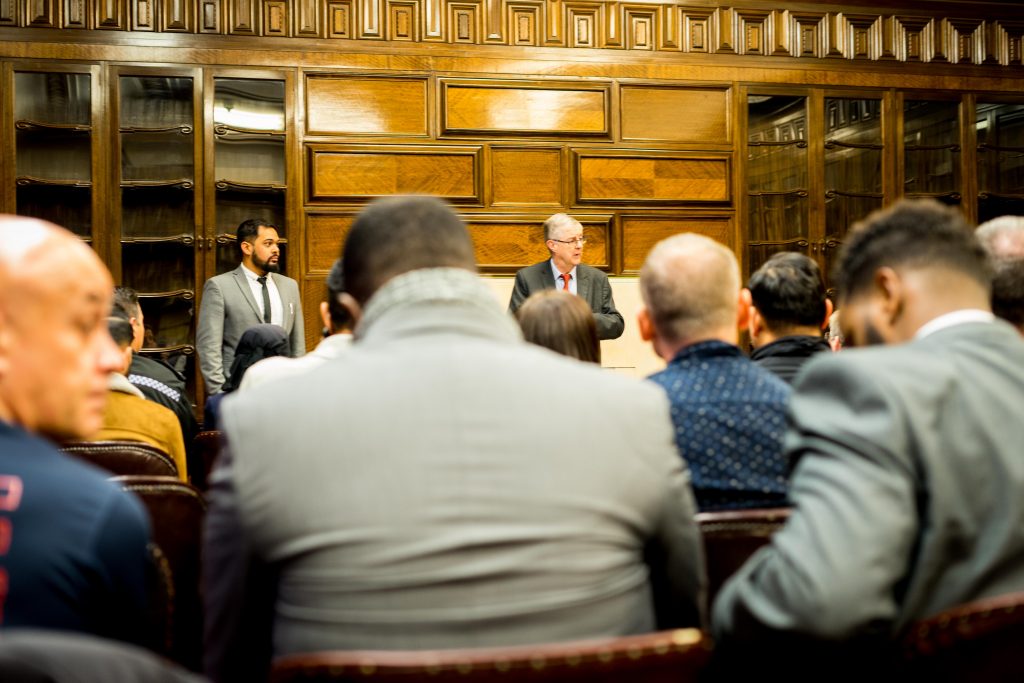How did Cardiff’s Stand Up to Racism march highlight that discrimination is alive and thriving in Wales?

Hundreds of marchers paraded down the streets of Cardiff last Saturday as part of a series of protests across the world to mark the United Nations anti-racism day.
Instances of racism, particularly Islamophobia, have been increasing in recent years with a 40% increase in the number of religious crimes across Wales and England, the majority of which were directed at Muslims.
Sahar Al Faifi, the manager of Muslims Engagement & Development (MEND), said, “It’s really getting worse because the far right are on the rise across Europe, including Wales.”
Approximately 1000 people participated in the march, including MPs from major parties and leaders of activist groups to protest through the streets of Cardiff.

The event, which was already scheduled to be on the United Nations anti-racism day, gained increased support due to the previous day’s terror attack in Christchurch.
Meriem Jouti a student studying at Cardiff university joined the March because due to seeing the shooting on social media and wishing “There was something I could do.”
March against racism in Cardiff! Stand up to racism!#StandUpToRacism #Cardiff #NoRacismNoFascism pic.twitter.com/US19JRZPxk
— Steve Malledant (@MalledantSteve) March 16, 2019
The First Minister of Wales, Mark Drakeford said, “Here in Wales, we will never be defined by those who hate”, at a vigil held the night before the event to remember the dead in New Zealand.
These words while moving don’t necessarily ring true for many minorities within Wales.

Sahar Al Faifi, who wears a niqab, said “[Islamophobia] has become a part of life now. It is a part of my psyche even a simple act of walking to the shop it is a part of my psyche to look left and right and behind, I have been abused countlessly in train stations and hospitals, where ever I go really.”
These increases can draw attention away from smaller acts of racism. Ali Abdi said, “A young person can go for a job, get turned down or not even hear back from the employer but when their friend of another colour or background, particularly white Welsh, goes for the same position they’ll find they’re shortlisted or responded back to.”
Mr Abdi, a Grangetown community worker, went on to say, “You are three times more likely not to get a response back [from an employer] for an application if you are somebody with a foreign sounding name.”
He thinks the solution to this manifestation of racism comes with, “Communities where people can come together, who are of no position of power and can say what can make a difference to them, and then go and engaged with the people in power.”
“We’ve seen a rise in race-related hate crimes,” Adam Price, the leader of Plaid Cymru, said “There are a rise in the number far-right organizations who are actively organising in Wales. There are parties like UKIP who have fully embraced now the politics of the far right and Islamophobia.”
He later said, “The challenge for those of us who want to combat this is to provide a different vision for people that are feeling left high and dry by the political establishment.”
The terms ‘Islamophobia’ and ‘racism’ are being used interchangeably within this article in accordance with the All Party Parliamentary Group (APPG) on British Muslims’ definition of Islamophobia.
.embed-container { position: relative; padding-bottom: 56.25%; height: 0; overflow: hidden; max-width: 100%; } .embed-container iframe, .embed-container object, .embed-container embed { position: absolute; top: 0; left: 0; width: 100%; height: 100%; }
